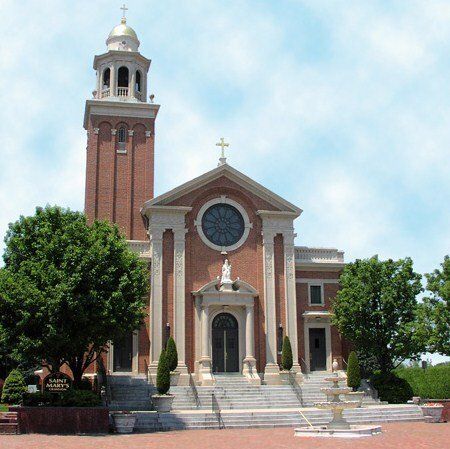Liturgical Calendar
List of Services
-
AdventList Item 1
Advent marks the beginning of the liturgical calendar. It consists of the four Sundays leading up to Christmas.
-
ChristmasList Item 2
In the Catholic Church, Christmas is more than one day – it is a season that begins on Christmas Eve (Dec. 24), continues through the Feast of the Epiphany and includes the Solemnity of Mary, the Mother of God . Christmastide concludes with the Feast of the Baptism of the Lord in January.
-
LentList Item 3
The forty days of Lent is reminiscent of Jesus’ forty days in the desert. Lent is a season of repentance and renewal in solidarity with those preparing for the Sacraments of Initiation to be received at Easter. Lent begins on Ash Wednesday and continues until the Mass of the Lord’s Supper on Holy Thursday.
-
Triduum (or Holy Week)List Item 4
The Triduum is the most important three days in the liturgical year. Holy Thursday (which commemorates the Last Supper), Good Friday (which commemorates Jesus’ crucifixion and death on the cross), and Holy Saturday (where the Church pauses to commemorate the Lord’s burial). The Easter Vigil is celebrated on Holy Saturday night when new members of the faith receive the Sacraments of Initiation and are welcomed into the Church.
-
Easter
Alleluia – He is Risen! The Easter season celebrates Christ’s resurrection from the dead, his victory over death. Christ’s Ascension into heaven is celebrated on the 7th Sunday after Easter. Eastertide concludes at Pentecost, where Jesus sends the Holy Spirit upon the apostles to spread the Gospel to all nations.
-
Ordinary Time
The season of Ordinary Time explores Christ’s mission and message through the Gospels. This season includes Trinity Sunday (which celebrates God’s self revelation as a Trinity of Persons) and Corpus Christi (which celebrates the Body and Blood of Jesus in the Eucharist). Ordinary Time concludes with the Solemnity of Christ the King which brings the liturgical year to a close.



